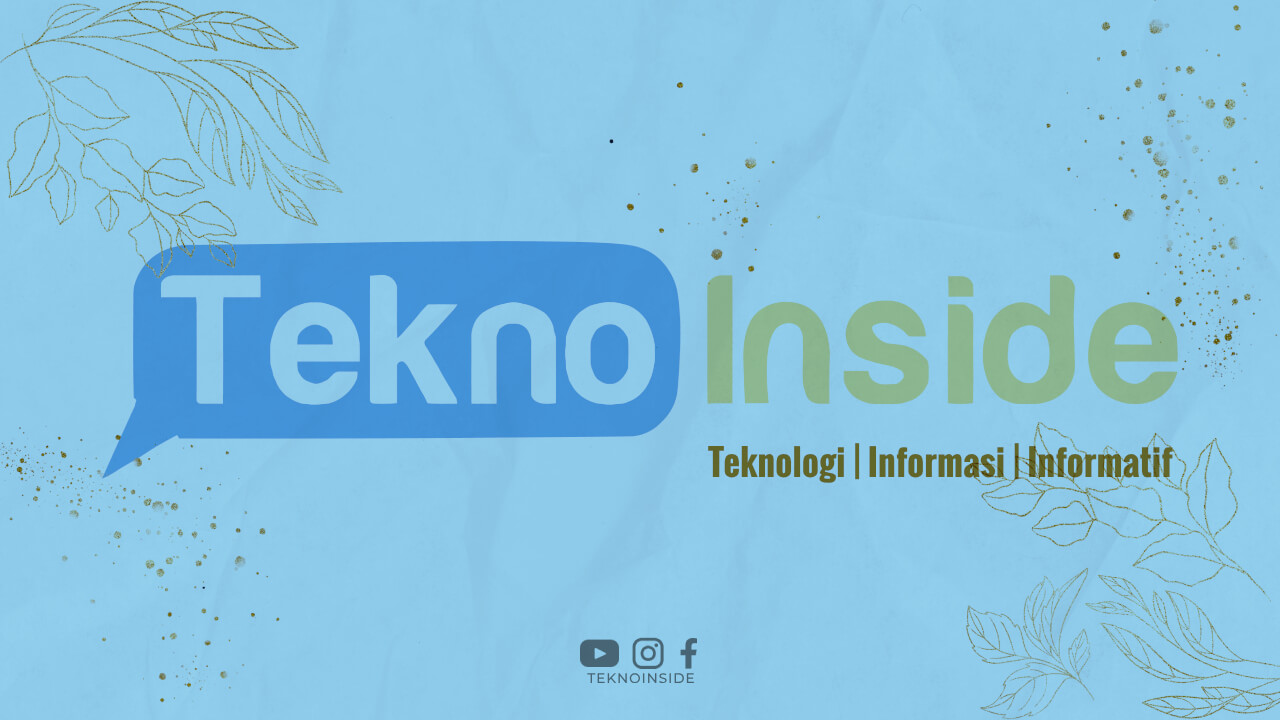The world of marketing has transformed drastically in recent years, and traditional methods of advertising just don’t cut it anymore. The rise of the internet and social media has created an entirely new playing field for businesses to promote themselves, and digital marketing has become an essential tool for any company looking to succeed in the modern era.
What is Digital Marketing?
Digital marketing is the promotion of products or services using digital channels such as search engines, social media, email, and websites. It involves a range of techniques and strategies aimed at attracting and engaging potential customers online.
The Benefits of Digital Marketing
Digital marketing offers numerous benefits for businesses of all sizes:
- Cost-Effective: Digital marketing is more affordable than traditional advertising methods. It allows businesses to reach a wider audience at a lower cost.
- Measurable Results: Digital marketing provides real-time data and analytics, allowing businesses to track the success of their campaigns and make adjustments as needed.
- Increased Visibility: Digital marketing allows businesses to reach a global audience and expand their reach beyond their local market.
- Greater Engagement: Digital marketing allows businesses to interact with potential customers in real-time, creating a more personalized and engaging experience.
The Components of Digital Marketing
Digital marketing involves a range of components, each of which plays a critical role in the success of a campaign:
- Search Engine Optimization (SEO): SEO involves optimizing your website to rank higher in search engine results pages (SERPs). This is achieved through a range of techniques such as keyword optimization, link building, and content creation.
- Social Media Marketing: Social media marketing involves promoting your business on social media platforms such as Facebook, Twitter, and Instagram. This involves creating engaging content, running ads, and interacting with customers.
- Email Marketing: Email marketing involves sending promotional emails to potential customers. This can include newsletters, promotional offers, and other content designed to engage and convert customers.
- Content Marketing: Content marketing involves creating high-quality content such as blog posts, videos, and infographics that are designed to attract and engage potential customers.
- Pay-Per-Click (PPC) Advertising: PPC advertising involves placing ads on search engines and social media platforms. Businesses only pay when a user clicks on their ad.
Creating a Digital Marketing Strategy
Creating a successful digital marketing strategy involves a range of steps:
- Define Your Goals: Determine what you want to achieve with your digital marketing campaign. This could include increasing website traffic, generating leads, or boosting sales.
- Identify Your Target Audience: Determine who your target audience is and what their needs and preferences are.
- Choose Your Channels: Determine which digital marketing channels are best suited for your business and target audience.
- Create Your Content: Create high-quality content that is engaging and relevant to your target audience.
- Optimize Your Website: Optimize your website for search engines and ensure that it is user-friendly and easy to navigate.
- Measure Your Results: Track the success of your campaigns and make adjustments as needed.
Conclusion
Digital marketing has become an essential tool for businesses looking to succeed in the modern era. By utilizing a range of digital marketing techniques and strategies, businesses can reach a wider audience, engage potential customers, and achieve their goals. By creating a comprehensive digital marketing strategy, businesses can maximize their potential and stay ahead of the competition.

